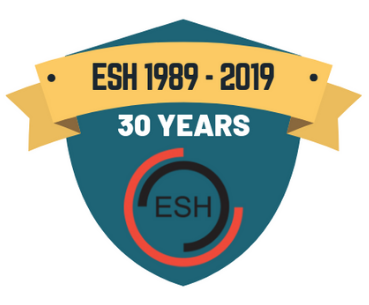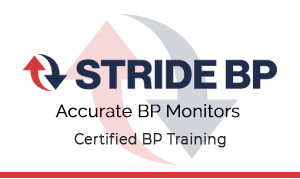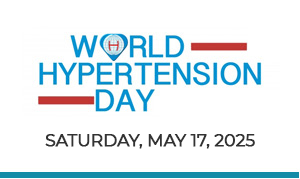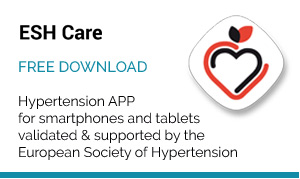Significantly better blood pressure control was found with lercanidipine compared to the long-acting dihydropyridine channel blocker amlodipine (46% vs 34%, p=0.025).
In diabetic patients, blood pressure control was 37% with lercanidipine compared to 34% with amlodipine or nifedipine (p=0.427). This data was presented in a poster session at the 16th European Meeting of Hypertension held in Madrid from June 12-15, 2006 by J.L. Listerri, MD, of Valencia, Spain.
The TOLERANCE study, a cross-sectional observational study performed in Spain, assessed tolerability and efficacy of lercanidipine compared to two other drugs in its class in 650 patients (over 18 years old with essential hypertension, treated at least 1 month with lercanidipine 20 mg daily (n=446), amlodipine 10 mg daily (n=113), or nifedipine GITS 60 mg daily (n=91).
Patients who had been treated at a low dose of each drug for at least one month and still had uncontrolled blood pressure were uptitrated to the high dose of each drug. Of the lercanidipine-treated patients 29% had diabetes compared to 21% of the patients treated with the other drugs.
Adverse reactions, determined by a 16-point checklist, were significantly lower with lercanidipine compared to nifedipine (61% vs 83%, p<0.001) and lower compared to amlodipine (71%, NS). Overall, 61% of lercanidipine-treated patients had adverse reactions compared to 77% of the patients treated with amlodipine or nifedipine.
At the end of treatment, achieved blood pressures with lercanidipine were 142.3/82 mmHg compared to 143.6/83 mmHg with the other drugs. Combination therapy was used in 38% with lercanidipine and 49% with the other drugs (p=0.013).
Other posters from the TOLERANCE study presented during the meeting showed there was significantly less need to modify treatment in the lercanidipine-treated patients compared to those treated with the other dihydropyridine CCBs (9% vs 44%, respectively; p<0.001). Lercanidipine-treated patients had fewer vasodilation-related side effects. In the 337 patients with metabolic syndrome, there were significantly fewer vasodilation-related side effects with lercanidipine compared to amlodipine and nifedipine GITS (60% vs 73%) and also less non-vasodilation-related side effects, such as tachycardia, fatigue, and sexual dysfunction.






